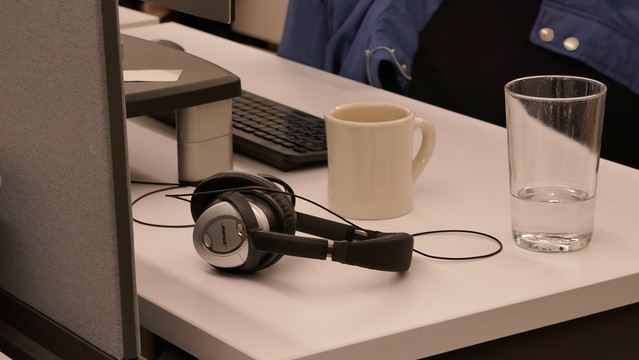Recently I’ve been giving talks about the 4-day week and future of work, building on my books REST and SHORTER. At one recent event I got a terrific question: If you’re not a CEO or founder, but you’re in the middle of an organization, what can you do to start encouraging more rest at your company?
Of course, there’s lots of guerrilla stuff individuals already do, like schedule fake meetings to get free time, noise-cancelling headphones, disappear to cafes, etc..
But one big lesson I learned when writing SHORTER is that attention, focus, and productivity have an important collective dimension. We usually think of attention as an individual thing involving our brains, eyes, and screens. But our capacity to focus depends a lot on others’ ability to respect our need to concentrate, and work cultures that support it. Further, what we ought to pay attention to at work reflects organizational priorities and goals. In other words, attention isn’t just personal; it’s social. And our strategies for improving attention, focus, and productivity should reflect that.
So I advocate first for techniques that involve more collective action and cultural nudges, rather than fighting the system and setting yourself against it.
First, make meetings shorter, sharper, and more purposeful.
Everybody hates badly-run meetings, knows they’re a waste of time, and wishes they were better. So fix them. There are plenty of guides for making meetings for effective, and they all offer similar advice: circulate agendas beforehand, restrict the number of people who are attending, have an official set of notes and record of decisions, and and circulate decisions / major points to everyone afterwards. Walking meetings are also really good, and also get the blood flowing. If you have a bigger group, standing meetings are a popular way to promote brevity.
Being the person who can effectively run a 15-minute meeting will make you popular, and give you an early win. It’s also important because it will show everyone that TOGETHER, you can all make small but valuable changes to the workday. It will also whet people’s appetites for other changes, and soften the ground for other reforms.
Second, within your circle of colleagues, block out time during the day for deep work.
These are periods when you and the people with whom you work most closely and regularly can all focus, ignore Slack and email, and don’t interrupt each other. You might put a standing “meeting” in the shared calendar to keep the time from getting taken away.
Why do this? A lot of workplace interruptions / distractions are driven by technology, and our sense that people expect us to immediately answer inbound inquiries. Resetting the cultural norm so that (for a couple hours at least) focus+work are more important interruptions is important.
Third, eat lunch together.
Balancing deep work with more explicitly social time also keeps the office from turning into a dead zone. It satisfies our need for social contact with colleagues. And it improves teams: a group of Cornell researchers found that firehouses that cook together perform better!
Finally, share these practices with colleagues and other work groups.
Collective practices are ten times as powerful and enduring as individual hacks. Further, attention, focus, and deep work follow Metcalfe-law network effects: they become more valuable as more people use them.
So fix meetings, create focus times within your group, eat together, and share your results.
What happens then? At the very least, you’ll have more time to do interesting work, rather than merely reacting to things and fighting local inefficiencies. And if you’re at a better company, these changes will nudge your culture toward a 4-day week.





